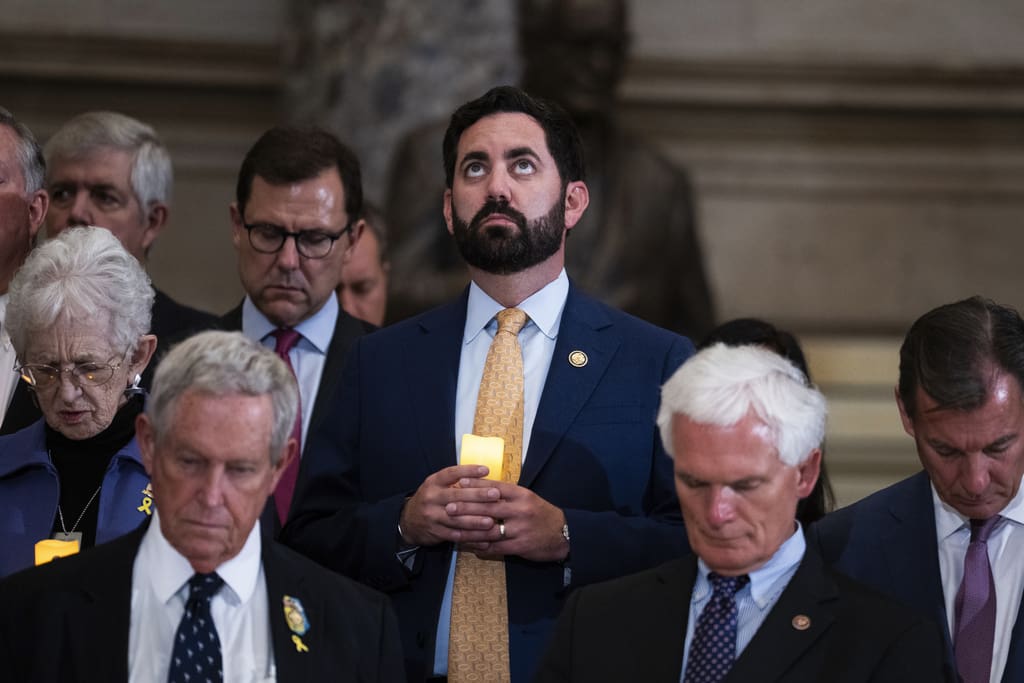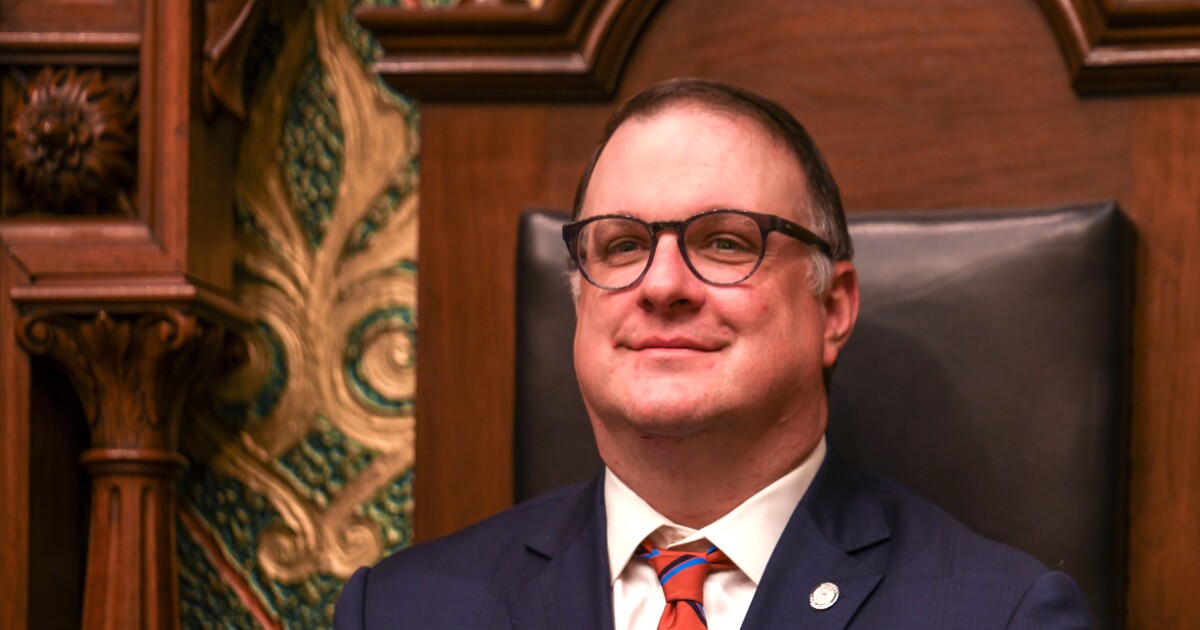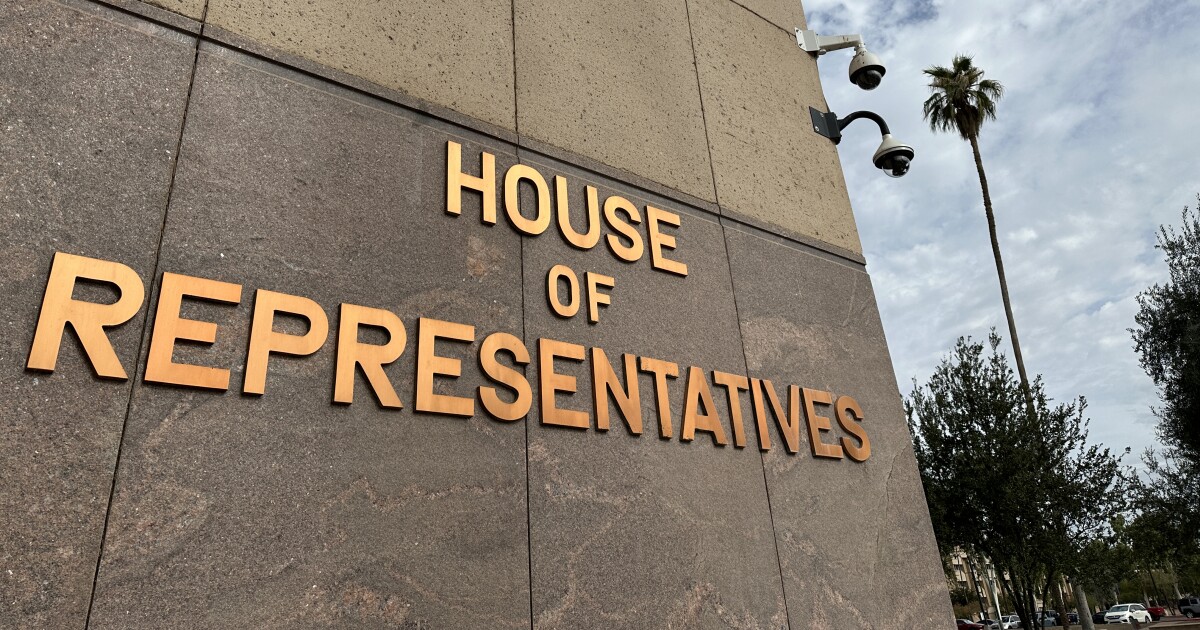Funding uncertainty looms over two TRIO Student Support Services programs in Montana as federal grant denials threaten their continuation, according to TRIO leaders. These programs are critical for first-generation college students, low-income individuals, and those with disabilities. David James, TRIO director at Fort Peck Community College, highlighted its “legacy program” in place since the 1980s and confirmed the appeal of its grant denial. However, without resolution, the program’s current funding will expire, impacting services for 230 students.
“There will be nobody here to help them,” James stated. Chief Dull Knife College on the Northern Cheyenne Indian Reservation also faces funding challenges, although it likely lodged an appeal. The Trump administration’s education policy changes, under Education Secretary Linda McMahon, have created national uncertainty for TRIO programs and public education. Critics argue these changes harm students and families, while supporters claim they reduce bureaucracy and allow states more flexibility.
TRIO in limbo
James reports staffing cuts at Fort Peck due to funding uncertainties, with one staff member leaving and another job ending. Blackfeet Community College also experienced a TRIO funding denial. Despite this, TRIO programs demonstrate high student achievement. Daniel Benge from the University of Montana notes that 88.3% of TRIO students “persist” in their education compared to 77% of the general population. Montana State University surpassed its TRIO goals, with 85% persistence among its students. TRIO data for Fort Peck shows similar success.
Historically, bipartisan support
In 2024, Montana’s TRIO programs received $9.7 million, including $4.6 million for Student Support Services. Other initiatives like Upward Bound and Veterans Upward Found provide essential college prep and support. MSU’s Ronald E. McNair Post-baccalaureate Achievement Program also secured full funding. Historically, TRIO has received bipartisan support due to its proven outcomes. Benge emphasizes the program’s return on investment, as TRIO graduates contribute significantly to the federal budget through taxes. Past supporters include prominent Republicans and Democrats.
Always ‘topsy turvy,’ but funding uncertain in the future
President Trump’s aggressive federal funding approach has heightened unpredictability in education. Benge assures that only Congress can dismantle TRIO, noting past attempts to cut funding have sometimes resulted in increases. The future depends on congressional priorities, which might align with or oppose the president’s stance.
TRIO at Fort Peck
James highlights TRIO’s role in helping students at Fort Peck develop essential skills like computer use and resume writing. He expresses pride in witnessing student graduations and hopes to continue supporting them. The outcome of the funding appeal remains uncertain, with potential negative impacts if denied. “It’s a great loss,” James remarked.
MSU lauded McMahon for focus on economic opportunity, spokesperson says
While federal changes have led to unpredictability, some leaders praise the Trump administration’s economic focus. Education Secretary McMahon’s recent visit to Montana State University was met with recognition from MSU President Brock Tessman. MSU spokesperson Michael Becker acknowledged McMahon’s emphasis on skills-based and job-focused learning, aligning with MSU’s mission to prepare graduates for successful careers.
—
Read More Montana News










